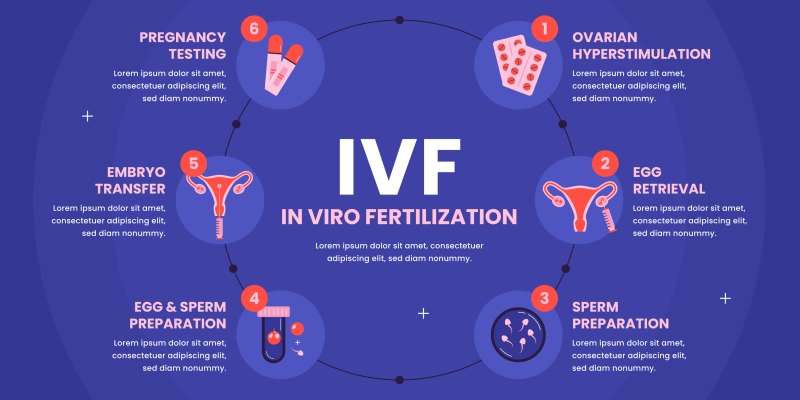Embarking on the journey to parenthood is a mosaic of emotions, hopes, and challenges. In this pursuit, many couples feel fortunate to have found a guiding light in Motherhood Fertility and IVF. Our campaign, “I Am Very Fortunate,” is a testament to the countless dreams we’ve helped come true, a reflection of gratitude from those we’ve served.
The Distinctive Edge of Motherhood Fertility and IVF:
For more than 10 years, Motherhood Hospitals has not just been a healthcare provider but a partner in the intimate journey of creating families. Our uniqueness lies in our holistic approach to fertility and IVF treatments. Each patient’s story is heard, respected, and carefully considered in crafting individualized treatment plans.
Expertise that Matters:
Our team comprises the best in the field – fertility consultants, embryologists, and counselors who bring not only their extensive knowledge but also a deep sense of empathy to each case. This blend of expertise and compassion is what makes our patients feel “very fortunate” to have chosen us.
Financial Assistance – A Pillar of Support:
Understanding that financial constraints should never be a barrier to the dream of parenthood, we offer tailored financial aid. Our cashless insurance options and corporate employee discounts alleviate the financial burden, making treatments more accessible.
Corporate Tie-ups Enhancing Accessibility:
Our network of over 500 corporate partners, including leading names like Infosys and Amazon, is a testament to our commitment to making fertility care accessible. We pride ourselves on being empanelled with a plethora of insurance companies, ensuring that our patients have the financial support they need.
When to Seek Help – Knowing the Signs:
Fertility issues often go unnoticed. Conditions like low sperm count, irregular ovulation, or medical histories like endometriosis can be hidden impediments to conceiving. We encourage couples to seek guidance early in their journey, as understanding these nuances is crucial in overcoming fertility challenges.
Our Exclusive Offers – Your Gateway to Parenthood:
- FREE AMH Testing: This pivotal test gauges your ovarian reserve, offering insights into the most suitable fertility treatments.
- FREE Second Opinion: For those undergoing IVF elsewhere and seeking new perspectives, our experts offer a complimentary second opinion.
- FREE Registration for New Patients: Begin your journey without any upfront costs.
Understanding AMH Testing:
The AMH test is a cornerstone in fertility assessment. It not only helps in understanding your current fertility status but also aids in planning future family expansion. By determining the right medication dosages and assessing the number of eggs that can be retrieved, it sets a realistic expectation for treatment outcomes.
Corporate Insurance and Health Aggregators:
Through our extensive network of health aggregators and corporate insurance partnerships, we offer comprehensive coverage, ensuring that our patients’ journey towards parenthood is smooth and stress-free.
At Motherhood Fertility and IVF, we understand the emotional and physical nuances of the journey to parenthood. Our campaign “I Am Very Fortunate” echoes the sentiments of countless couples who have realized their dreams with us. We’re not just about providing treatments; we’re about nurturing hopes, dreams, and the incredible journey of bringing new life into this world.
Join the many who say “I Am Very Fortunate” by starting your journey with Motherhood Fertility and IVF. Contact us today, and step into a world where dreams of parenthood are nurtured and fulfilled with care, expertise, and compassion.


 Toll Free Number
Toll Free Number
















